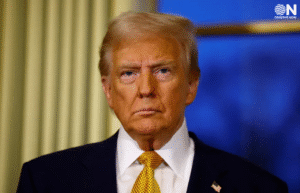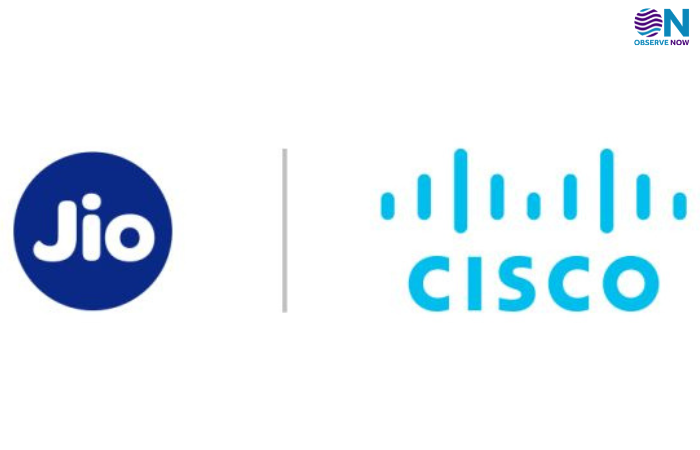Google Cloud’s Agentic AI Stack Is Redefining Future-Ready GCCs in India
At the 2025 Global Capability Center Summit, Google Cloud unveiled its advanced agentic AI platform designed to transform how enterprise innovation is built and scaled, especially within Indian GCCs that act as strategic AI delivery hubs for global corporations.
Indian GCCs are no longer limited to low-cost IT support centers; they are evolving into full-stack innovation units that combine data engineering, model operations, autonomous agents, and orchestration of generative AI workflows. Google Cloud’s agentic stack, underpinned by Gemini 2.5 Flash and a suite of AI tools, delivers this vision through seamless integration across infrastructure, data, and intelligence layers.
A key highlight is the Agentic Data-to-AI Platform, which embeds intelligent agents directly within enterprise data pipelines. These agents autonomously manage tasks such as data preparation, transformation, anomaly detection, and workflow handoffs—freeing human engineers to focus on high-value strategy. Global enterprises in industries like finance, telecom, and Q-commerce are already leveraging this architecture for real-time analytics and process automation.
To support interoperability and extensibility, Google introduced the Agent2Agent protocol, a vendor-neutral communication standard that allows autonomous agents to pass information securely and coordinate workflows across systems such as Salesforce, Workday, ServiceNow, SAP, and MongoDB. This open framework greatly simplifies deployment in multi-vendor corporate ecosystems.
Supporting Google’s developer ecosystem in India is Gemini 2.5 Flash, now hosted locally to comply with data residency norms and reduce latency for domestic operations. The model powers multimodal agents capable of voice, image, and code interactions—making agentic workflows responsive and contextually aware. Developers can now rapidly build, deploy, and iterate AI agents using no-code tools like the Agent Designer and integration templates within Firebase Studio and AI Studio.
India-first cases illustrate the impact. Tata Group companies are using these capabilities to automate regulatory dashboards; large banks are deploying assistants for real-time risk reporting; and consumer goods GCCs are embedding agentic bots to streamline supply chain decision-making and predictive maintenance routines. Ramamurthy called this shift a “reimagining of GCC success” — one where India becomes the nerve center for enterprise-level AI orchestration and governance.
Driving agentic adoption is a growing ecosystem. Google’s AI Agent Marketplace, announced at Next ’25, offers hundreds of prebuilt agents and frameworks built by partners from global consultancies and ISVs. Over 1,000 agent-based use cases have already been developed and rolled out enterprise‑wide, supported by deep expertise from partner firms like Accenture, Deloitte, Infosys, and Wipro.
Google’s unified tech stack also runs on its own infrastructure innovations like Ironwood TPUs, enabling high-performance, scalable compute. These backend updates enable GCCs to manage complex workloads and support next-gen models like AlphaFold 3 and quantum-aware modules, while preserving flexibility to use multiple cloud providers or on-prem systems.
In summary, Google Cloud is reshaping India’s GCC landscape through its agentic AI architecture. By embedding intelligence directly within data systems, enabling agent collaboration via open protocols, and supporting automation at every enterprise layer, it gives GCCs the tools to operate as full-stack AI innovation hubs. For companies defining the future of global digital operations, this integrated stack represents both a roadmap and a competitive edge in the era of autonomous intelligence.























